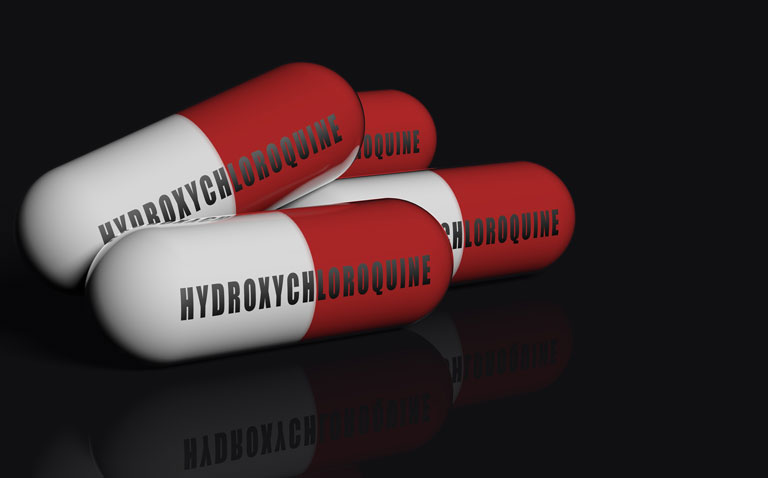President Donald Trump’s confirmation that he has been taking hydroxychloroquine to help prevent infection with COVID-19 may prove to be unwise.
In a Lancet study, researchers from Harvard Medical School performed an extensive analysis of real-world evidence for the effectiveness of both hydroxychloroquine (HCQ) or chloroquine (CQ) in patients with COVID-19. The international observational registry included data on patients with a positive test for COVID-19 who were hospitalised from 671 hospitals across six continents.
Researchers identified 96,032 patients of whom, 14,888 had been treated with either HCQ and CQ alone or each drug in combination with a macrolide antibiotic within the first 48 hours after diagnosis. Patients who did not receive either of these drugs were considered as the control group. The main outcome outcomes of interest were in-hospital mortality and the occurrence of de novo ventricular arrhythmias. After adjustment for confounding factors such as age, sex, ethnicity, body mass index and various underlying health conditions (for example, cardiovascular disease, diabetes, lung disease etc), in-hospital mortality rates were 9.3% (control group), 18% HCQ, 23.8% HCQ and macrolide, 16.4% CQ and 22.2% CQ and macrolide. In addition each drug regime was associated with an increased risk of de novo ventricular arrhythmias compared with the control group.
In light of these findings, the World Health Organization has temporarily halted clinical trials of hydroxychloroquine for COVID-19.
Reference
Mehra MR et al. Hydroxychloroquine or chloroquine with or without a macrolide for treatment of COVID-19: a multinational registry analysis. Lancet 2020; May 22.










